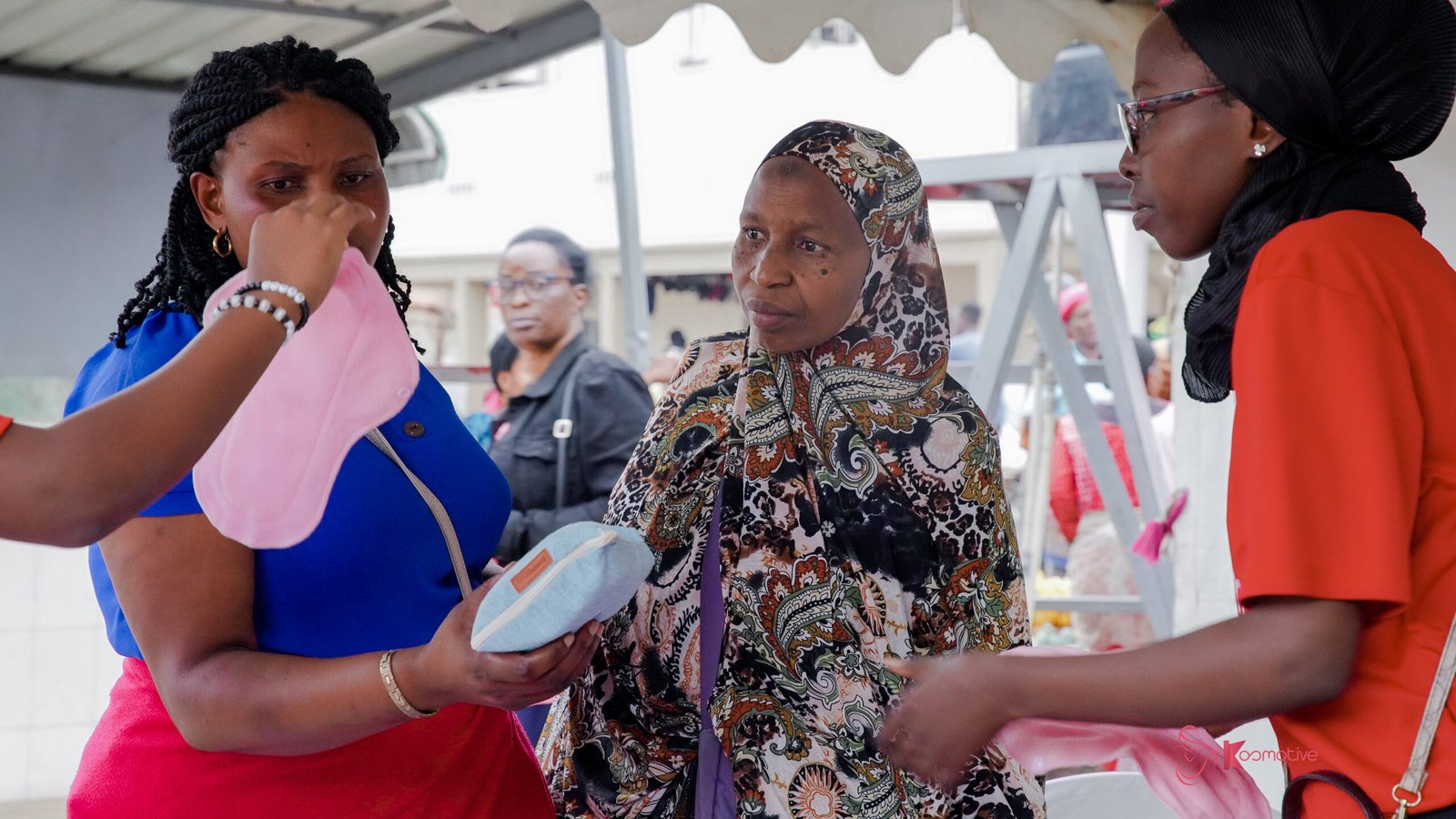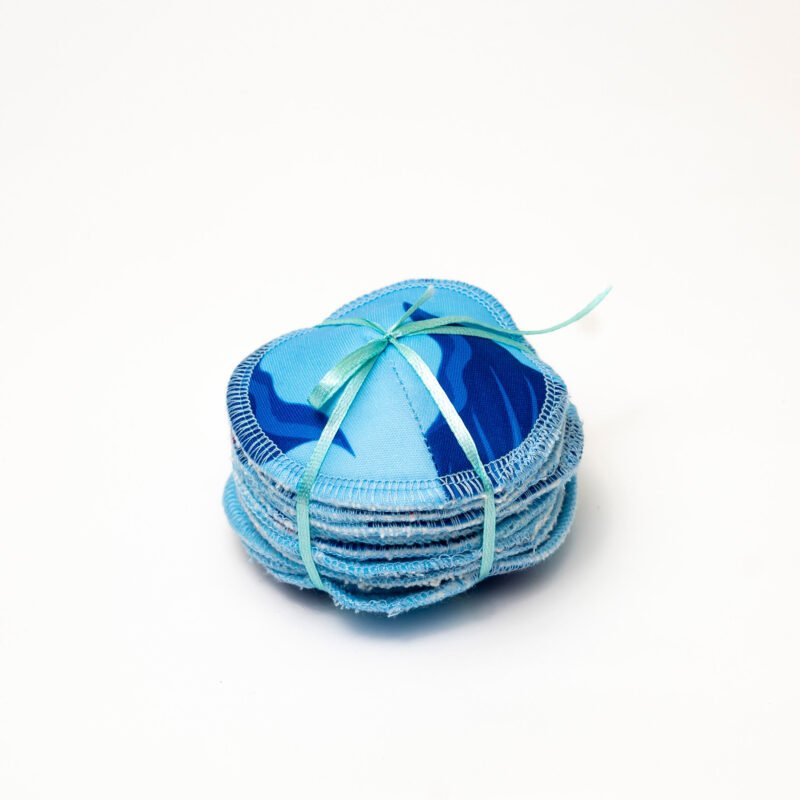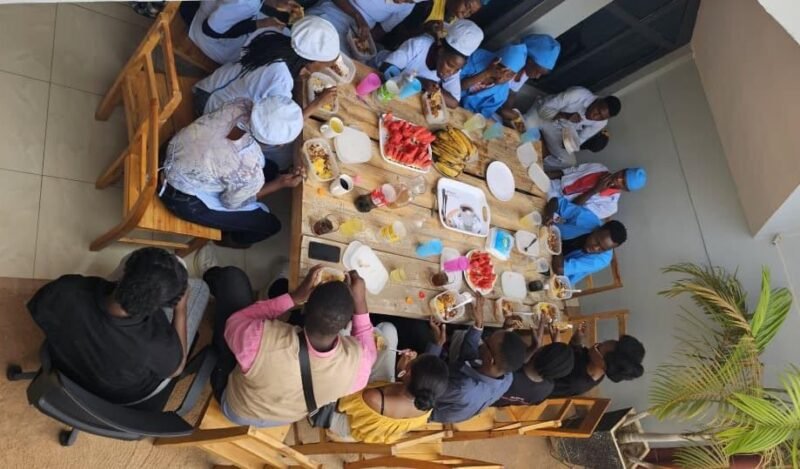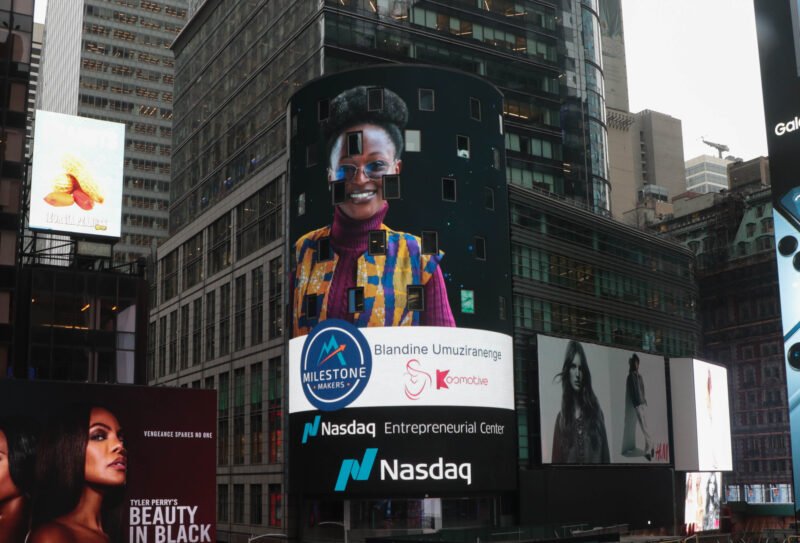We often hear the term period poverty, but what does it truly mean? Period poverty is the inability to afford or access menstrual products, hygiene facilities, education, and awareness needed to manage menstrual health. Globally, 800 million people menstruate every day, and periods do not stop during pandemics or crises. Yet pandemics, conflict, and poverty worsen this issue, leading not only to physical hardship but also to isolation and loneliness.
Period poverty is not only about lacking pads. Stigma, misinformation, and limited education fuel the challenge. It remains a global public health concern, disproportionately affecting women and girls in low- and middle-income nations. In rural Africa, financial barriers are significant: one in four girls in Sub-Saharan Africa and 18% of Rwandan girls miss school during their periods. Without safe products and clean toilets, women and girls face school dropouts, work disruptions, and reliance on unsafe alternatives that risk infection and infertility.
Beyond Products: Facilities and Education
The absence of private toilets, clean water, and soap prevents many from maintaining hygiene and dignity, forcing them to miss school or work. In Rwanda and elsewhere, lack of menstrual health education leaves girls unprepared for their first period and unable to manage it hygienically. Poor disposal facilities for used products compound the challenge. In total, 500 million people globally lack menstrual facilities, while 25% of menstruating females experience period poverty.
In Africa, where access to products and accurate information is limited, the consequences are severe. Some girls even resort to transactional sex to obtain pads. A study in Rwanda estimated girls miss about 50 school days per year due to period poverty. Cultural myths and taboos reinforce silence and shame, discouraging girls from seeking help or practicing safe hygiene.
Effects of Period Poverty
Education
Without affordable pads or private toilets at school, girls frequently miss classes, losing up to a month annually in some African countries. Repeated absences cause academic underperformance and, eventually, school dropouts. Fear of staining uniforms or ridicule creates anxiety, while public shaming like the case in Kenya where a girl took her life shows how devastating the psychological burden can be. Period poverty robs girls not only of education but of dignity, safety, and confidence.
Health
When safe products are unavailable, girls improvise with rags, newspaper, or leaves. These unsafe materials cause infections and can lead to infertility. Pain relief is often inaccessible, leaving girls to suffer silently. In refugee camps or informal settlements, inadequate toilets force women to change in unsafe places, exposing them to assault. Period poverty thus becomes not just a health issue but a human rights concern, threatening both physical safety and psychological well-being.
Economic Impact
The economic consequences extend to households and communities. Women unable to manage menstruation with dignity often miss work, lowering productivity and income. In countries like Ghana, pads consume a large share of minimum wages, an impossible cost for many. Some Kenyan schoolgirls turn to transactional sex to afford pads, heightening risks of sexual violence and HIV. Families already struggling with poverty face the added financial burden of menstrual products, while cultural stigma deepens feelings of shame, isolation, and low self-esteem. These factors reinforce gender inequality and limit women’s opportunities.
Period Poverty During Crises
Crises such as armed conflict, displacement, or pandemics worsen period poverty. Supply chains break down, prices rise, and menstrual products are deprioritized compared to food and shelter. In humanitarian emergencies, menstrual health is often overlooked, leaving women to suffer in silence. The wider impact is significant: period poverty obstructs progress toward education, gender equality, and health goals. By silencing women and girls, it holds back entire communities and economies.
Breaking the Cycle
Ending period poverty is more than providing pads, it is a matter of justice and human rights. Affordable, reusable products and comprehensive menstrual education can break the cycle. Solutions must tackle stigma, ensure safe facilities, and promote menstrual health as a basic right.
At Kosmotive, we believe in turning challenges into solutions. That’s why we manufacture KosmoPads: reusable, affordable, and eco-friendly menstrual products. KosmoPads can be washed and reused for months, making them sustainable and cost-effective. They restore dignity, protect health, and reduce environmental impact. By addressing both access and stigma, we can build a future where menstruation is no longer a barrier to education, work, or opportunity.





